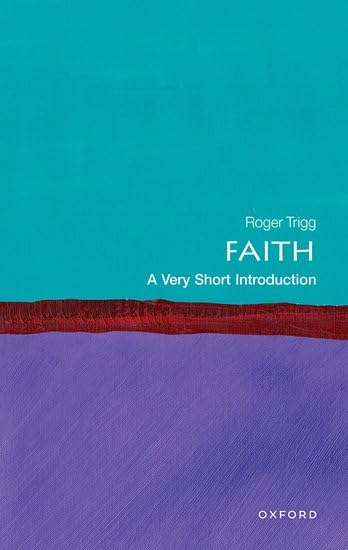
Part of Series
From ancient Athens to modern Asia, cultures have wanted ordinary people involved in making legal decisions. This Very Short Introduction charts juries from antiquity through the English-speaking world and beyond to Europe, Latin America, Africa, and Asia. Today, juries have become a symbol of democracy and popular legitimacy. But in English-speaking countries, jury trials are declining. Civil juries have been virtually abolished everywhere except the United States, and plea bargaining is taking the place of criminal jury trials. In this book, Renée Lettow Lerner describes the benefits and challenges of using juries, including jury nullification. She considers how innovations from non-English-speaking countries may be key to the survival of citizen participation in the legal system. Along the way, the book tells how a small German state invented a way of using jurors that is now found around the world. And it reveals why some defendants preferred to be crushed to death by weights rather than convicted by a jury.
Author
Renée Lettow Lerner is Donald Phillip Rothschild Research Professor of Law at the George Washington University Law School. Professor Lerner is an expert in the fields of U.S. and English legal history, civil and criminal procedure, and comparative law. Her book The Jury: A Very Short Introduction, published by Oxford University Press in 2023, discusses the history and practice of the jury around the globe. Professor Lerner is also the author, with John Langbein and Bruce Smith, of the book History of the Common Law: The Development of Anglo-American Legal Institutions (2009). She is working on a book about the American civil jury, from the colonial period to the present. Professor Lerner advises judges, lawyers, and government officials from the United States and countries in Europe, Latin America, and Asia about the differences between adversarial and nonadversarial legal systems. She writes extensively about the history of American juries. Professor Lerner's work includes not only scholarly books and articles, but also online publications intended for a broader audience of legal professionals and the public. In many different settings, she has debated the role of juries with other academics and with lawyers. Her recent writings include “The Resilience of Substantive Rights and the False Hope of Procedural Rights: The Case of the Second Amendment and the Seventh Amendment,” 116 Northwestern University Law Review 275 (2021) and “The Surprising Views of Montesquieu and Tocqueville about Juries: Juries Empower Judges,” 81 Louisiana Law Review 1 (2020). Professor Lerner received an AB summa cum laude in history from Princeton University. She was a Rhodes Scholar at Oxford University, where she studied English legal history. At Yale Law School, she was Articles Editor of the Yale Law Journal. Professor Lerner served as a law clerk to Justice Anthony M. Kennedy of the U.S. Supreme Court and to Judge Stephen F. Williams of the U.S. Court of Appeals for the District of Columbia Circuit. From 2003 to 2005, she served as Deputy Assistant Attorney General in the Office of Legal Counsel at the U.S. Department of Justice. Professor Lerner was a witness in a murder case in Paris, France, before a mixed panel of professional judges and lay jurors.


